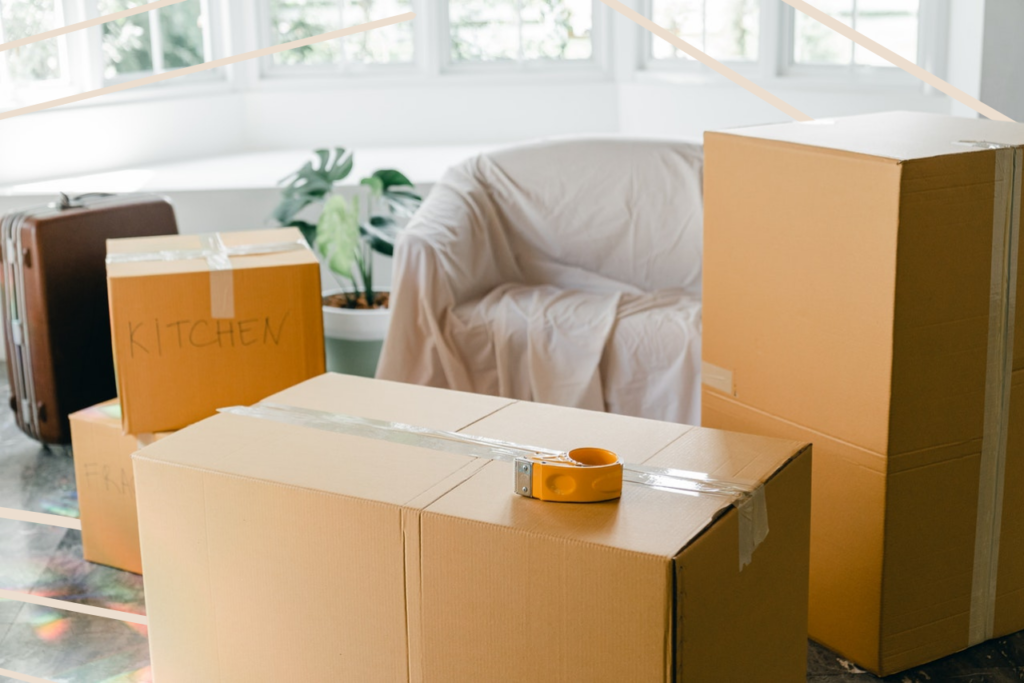If you’re in the market for a new place to call home, you may be considering renting. Renting can be a great option, especially if you’re not quite ready to buy or don’t want to commit to a long-term lease. However, there are some things you need to know before signing on the dotted line. Here are five of the most important:
KNOW YOUR RIGHTS
If you’re a tenant, it’s essential to understand your rights and the laws that govern renting in your country. Each country has their own specific rules that landlords must follow. As a tenant, you are entitled to live in a safe and clean home that is up to local building codes; if you are unhappy with the state of your home and your landlord is doing nothing about it, you could submit a housing disrepair claim.
By knowing what is required by law, you’ll be prepared should any issues arise between you and the landlord later on. When it comes to housing disrepair claims, it’s crucial to document everything and keep a record of all communication with your landlord. This will help you build a solid case in the event that a claim needs to be made.

UNDERSTAND YOUR RESPONSIBILITY
While the landlord is responsible for maintaining the property and making repairs, you’re generally responsible for taking care of everything inside it. You should also ask your landlord about anything else that might not be included in their lease agreement, like gardening or changing light bulbs. If you’re unsure what’s expected of you as a tenant, make sure to speak with them before signing your leasing contract, so there are no surprises later on!

ASK ABOUT UTILITIES BEFORE SIGNING ON THE DOTTED LINE
When renting an apartment or home, utilities may or may not be included in the monthly rent payment. Some landlords will include all utilities such as water, electricity, and gas, while others charge separately based on usage by each tenant. You should always ask about utilities before signing a lease agreement, so there are no surprises later down the line when those bills start rolling in!
KEEP AN EYE ON YOUR CREDIT SCORE
Landlords will often check a tenant’s credit score before approving a lease agreement. A low credit score could mean you won’t be approved or that you’ll have to put down a larger deposit. If your credit score isn’t great, start working on improving it now, so you’re in a better position when it comes time to rent. If you are struggling to maintain a good credit score, there are many agencies that assist people in improving their credit scores.

BE PREPARED TO PAY A DEPOSIT
A deposit is a sum of money paid upfront by the tenant if something happens during their tenancy (such as damage), so they will not be responsible for those costs later on when it comes time to move out! To keep from being charged at all, make sure you leave your rental property in good condition and follow any rules set forth by the landlord after signing an agreement with them. Ensure everything is clean before leaving, and ensure nothing has been left behind, such as furniture items or decorations, because these could incur additional charges if left behind without approval first.
THE BOTTOM LINE
Renting can be an excellent option for those looking to live in an area where they don’t want or need property ownership. Still, you must understand the responsibilities involved with being a tenant before signing any lease agreements.





